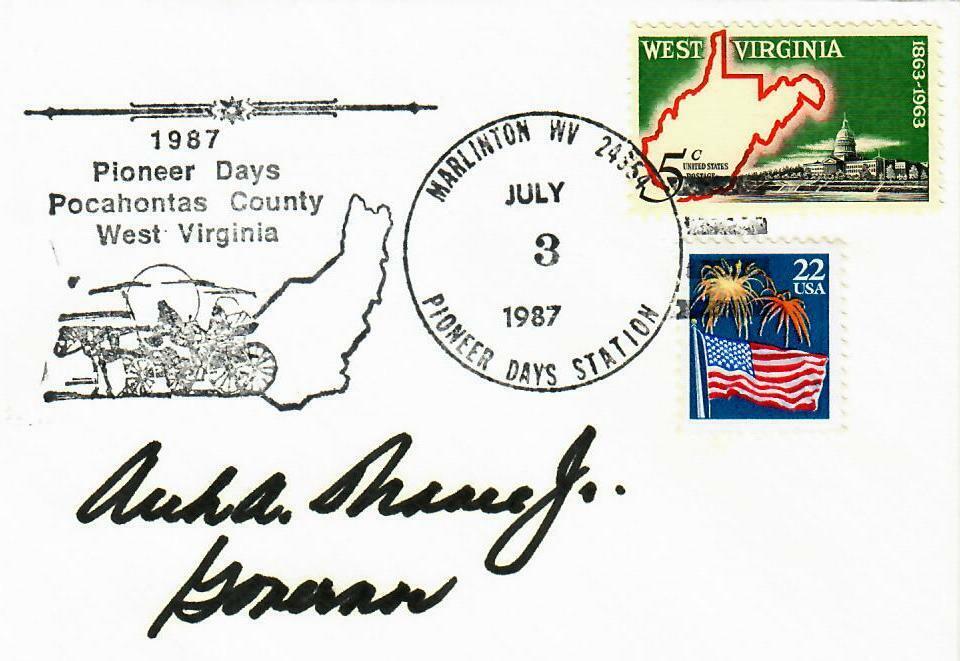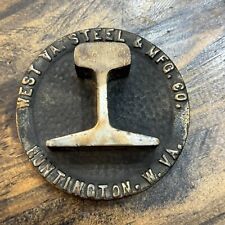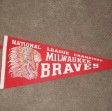When you click on links to various merchants on this site and make a purchase, this can result in this site earning a commission. Affiliate programs and affiliations include, but are not limited to, the eBay Partner Network.
Up for sale "West Virginia Governor" Arch A. Moore Jr Hand Signed First Day Cover Dated 1987.
ES-2247C
Arch Alfred Moore Jr. (April 16, 1923 – January 7, 2015) was an American lawyer and Republican politician from West Virginia. He began his political career as a state legislator in 1952. He was elected the 28th and 30th Governor of West Virginia, serving from 1969 until 1977 and again from 1985 until 1989, he is the longest-serving West Virginia Governor in state history with 12 years of service. He is the father of U.S. Senator Shelley Moore Capito. Amid allegations of corruption he ran for reelection in 1988, but was unseated by Democrat Gaston Caperton. He was eventually prosecuted for and pleaded guilty to five felony charges. In 1990 he was sentenced to five years and ten months in prison. He served over three years before his release. As a result of his conviction, Moore was disbarred and forfeited his state pension. In 1995, he paid a settlement of $750,000 to the state. Moore was born in Moundsville, West Virginia, in the state's industrial northern panhandle, the son of Genevieve (née Jones) and Archie Alfred Moore. He was born into a political family. His grandfather, T.F. Moore was a ten-term delegate and minority leader in the West Virginia House of Delegates and his uncle, Everett Moore, was also a politician. Moore excelled at basketball while attending Moundsville High School. Upon graduation, he worked in a factory and on an oil pipeline. He briefly attended Lafayette College in Easton, Pennsylvania, before he was drafted for World War II service. He was in the Army Specialized Training Program training to be an engineer, but military manpower requirements changed and he was sent to the infantry. Assigned to the 334th Infantry Regiment, a unit of the 84th Infantry Division, he received a disfiguring wound in the jaw from enemy machine gun fire in Germany, November 1944. Moore was left for dead for two days[ in a German farmer's beet field[6] after 33 of the 36 members of his platoon died in battle. Following his wounding, he was transferred to Liege, Belgium, where he underwent facial reconstruction surgery. Because the bullet that had wounded him passed through his tongue, he was not able to speak for about a year after his wounding. Public speaking, a skill he would later exercise while holding public office, was part of his physical therapy. He would give "lectures" to troops on their way the front lines. Sergeant Moore was decorated with the Purple Heart, Bronze Star, Combat Infantryman's Badge and European Theater of Operations Ribbon with three battle stars. He then entered West Virginia University graduating in 1948 and then from its law school in 1951. While at WVU, he was involved with student government and founded "Mountaineer Week," a celebration of West Virginia culture in response to his perception that the growing number of out-of-state students at the school were changing its character. The event has become a permanent part of the school's calendar. He was also a member of the Beta Psi chapter of Beta Theta Pi at West Virginia University and was a recipient of the fraternity's Oxford Cup.After graduating from law school, Moore returned to Moundsville to practice law with his uncle, Everett Moore. Moore was elected to his first term as governor in 1968, defeating Cecil H. Underwood in the Republican primary and Democrat James Marshall Sprouse in the general election Just two days before the general election, on November 3, 1968, Moore was in a helicopter crash in Lincoln County. He and West Virginia Supreme Court candidate Dennis Knapp were on their way to the town of Hamlin to campaign when their pilot crash landed the helicopter on the Hamlin High School football field in an attempt to avoid power lines. Moore sustained a ruptured leg muscle and two broken ribs in the crash, while Knapp suffered a broken collar bone After winning the election, Moore told reporters he thought "the Lord voted for me" via the crash. The state's Constitution, which had formerly had a one-term term limit and provided for a weak governor system, was amended in 1968 to strengthen the powers of the governor and in 1970 to provide for a two-term limit. Moore became the first person re-elected governor in 1972, defeating Jay Rockefeller. A notable event of Moore's first term was the 1969 strike of the state's highway workers. From March 3-11, over 2,600 of these workers struck in an attempt to get the state to recognize their union. Moore summarily fired those who had walked off the job, later citing this act as a matter of state safety. 530 of the highway workers who went on strike were able to reclaim their jobs after the strike was over, but more than 2,000 of them were permanently dismissed. Moore's stance during this strike was markedly different from actions on labor that he took later in his Governorship. He would go on to advocate for insurance benefits of hospital workers and pay increases for teachers and other school staff. Furthermore, he pressured the West Virginia legislature to increase workers compensation benefits by 75% and helped to settle a national strike of coal miners. Moore's first two terms as governor are best remembered for improvements in the state's highway system and for the Buffalo Creek Flood disaster. During Moore's first two terms as governor, West Virginia built over 225 miles (362 km) of interstate highways through mountainous terrain and the New River Gorge Bridge, once the world's longest steel arch bridge. This building was made possible by The Roads Development Amendment (1968), a $350 million bond amendment that gave the State of West Virginia the ability to match Federal highway funding to the state, as well as the Better Roads Amendment (1964), a $200 million bond issue. By the end of Moore's tenure as Governor, all of I-79, I-64, I-68, and the West Virginia Turnpike (I-77) were completed. Moore was actively involved in the National Governors Association during his tenure as Governor of West Virginia. He was chair of this organization from 1971-1972.










